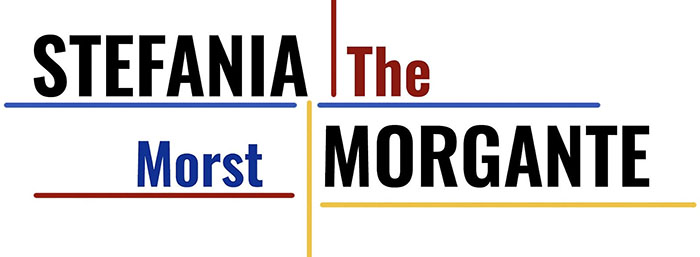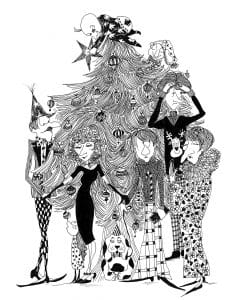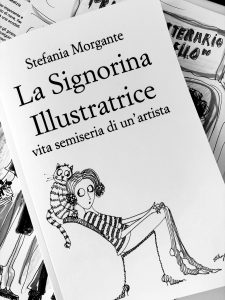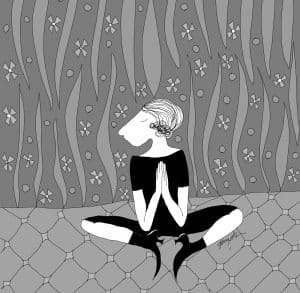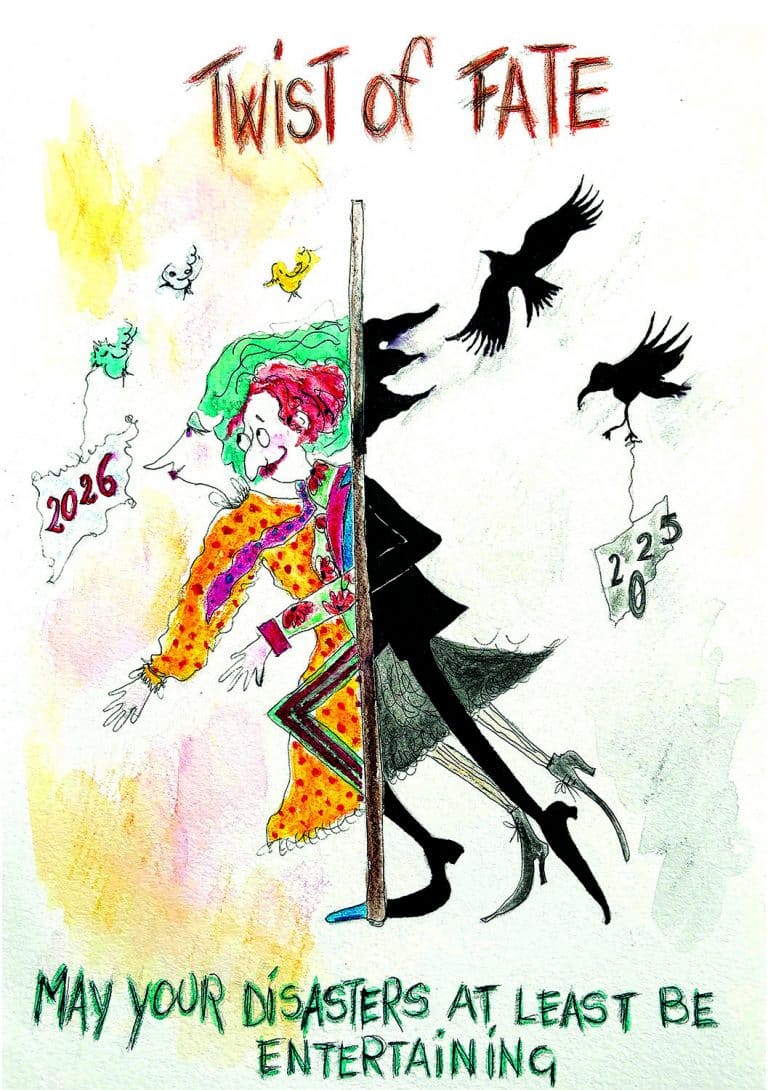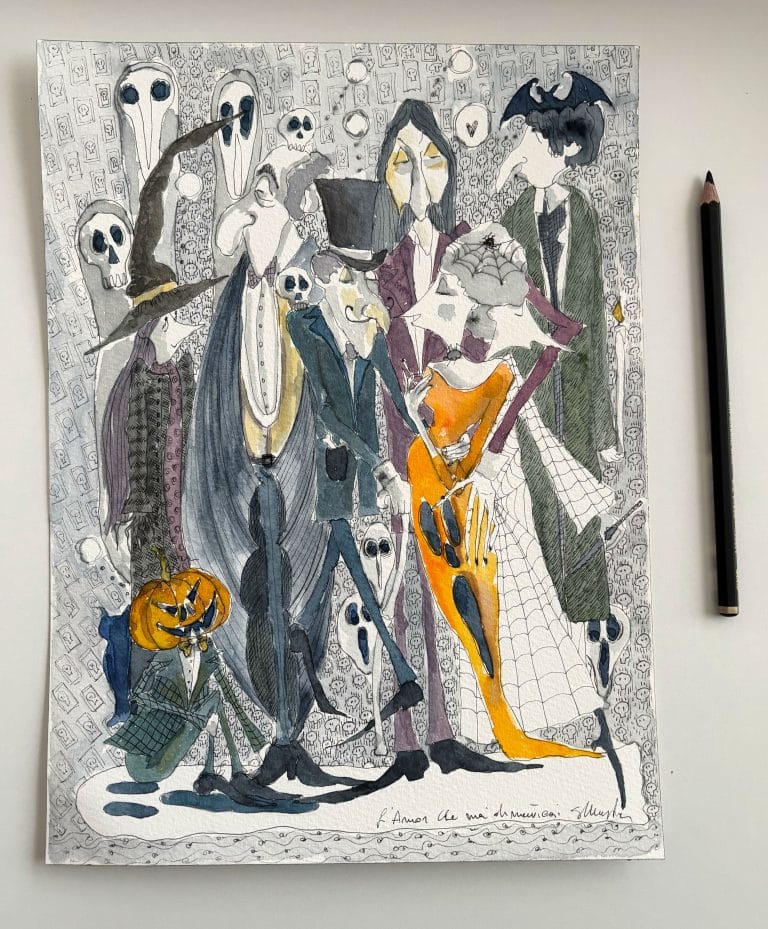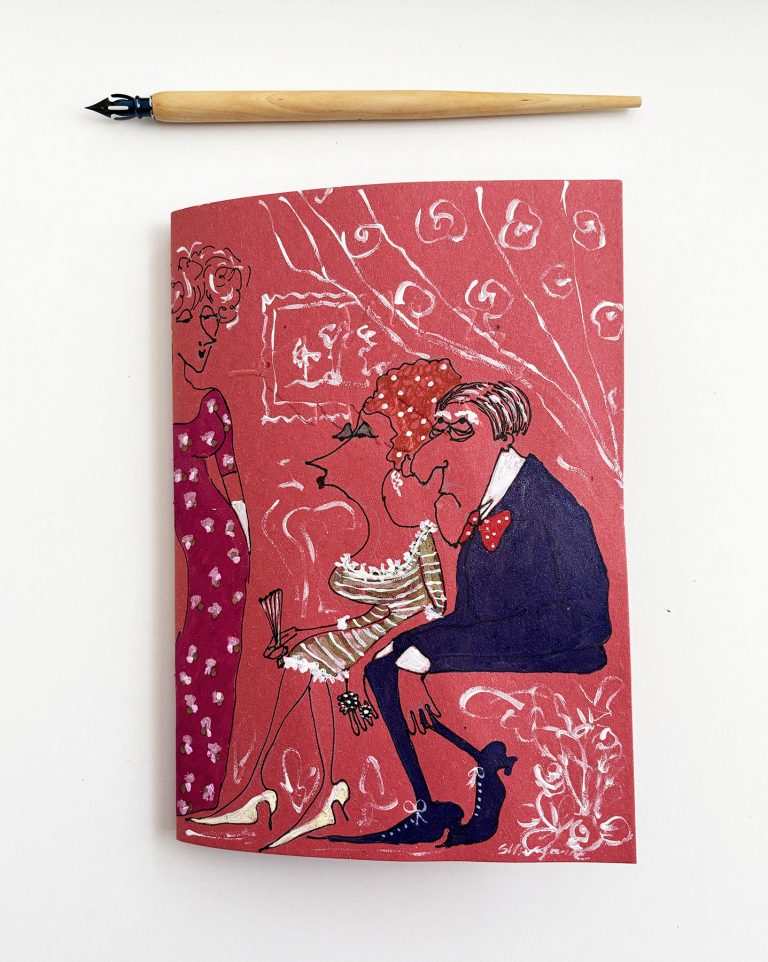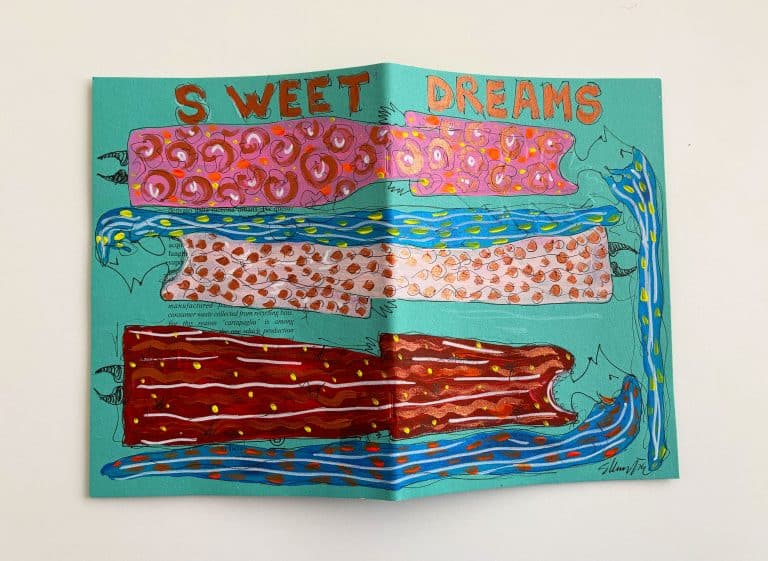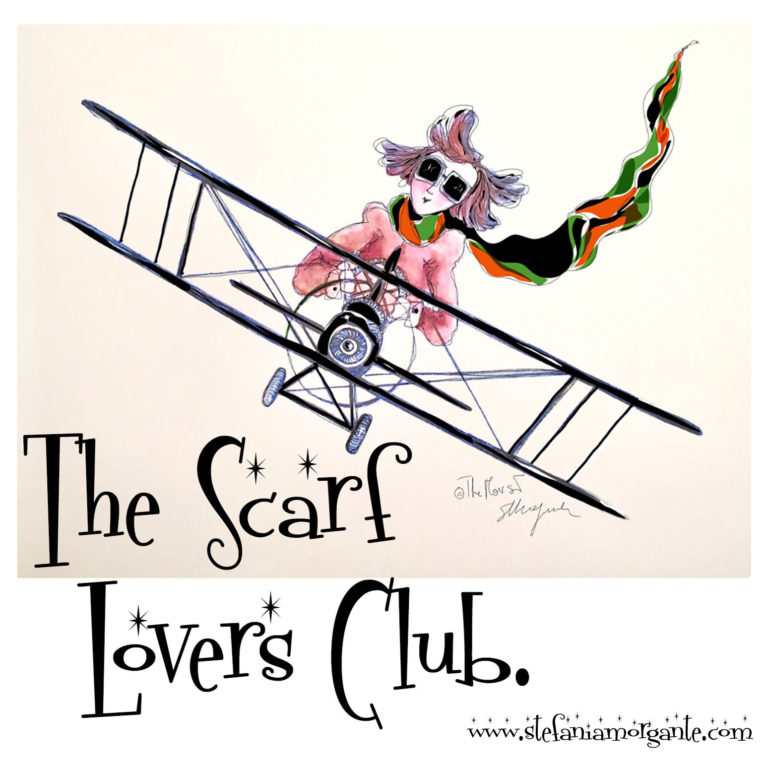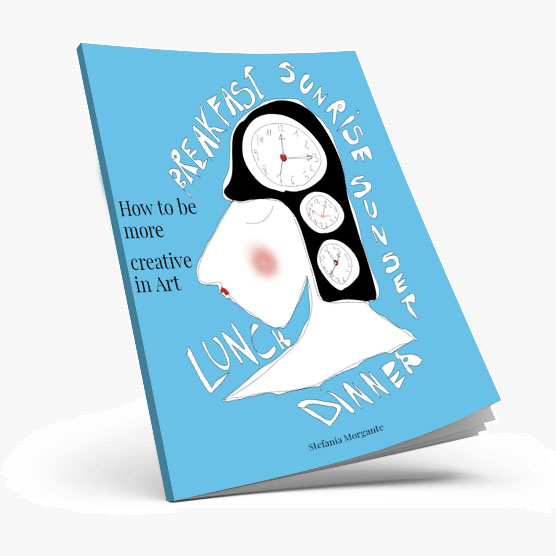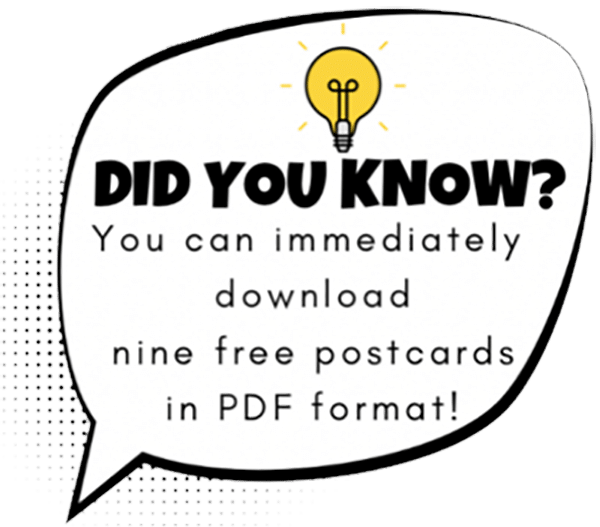A Emptiness that Generates the New.
Every summer of my childhood, had one title: boredom.
The hours never passed, the days were so long, and I had no predetermined homework from school.
All that endless free time was the equivalent of hopelessly constant perpetual boredom.
Over the years the boredom became more refined, it was no longer side by side with free time. Studying in college, self-employment, had taught me how to manage time.
Boredom was no longer the emptiness of the hours but came from the fullness of the days.
In one day I was able to work on multiple projects, to compile lists, to have social and friendly relationships.
And day after day the hours thickened with work and personal life, leaving no room for hours if not minutes devoid of things to do.
When did boredom come?
In both empty and full hours.
Is boredom a response of our brain?
But answer to what?
Is boredom a nefarious thing?
More importantly, is it the enemy of creativity?
And how to fight it?
I ask this question to a small group of people.
Strange to say, at least to me, some people stated that they don’t know boredom because they always have something to do.
This makes sense, especially for creative people.
But can our brains handle creativity to the bitter end?
As far as I’m concerned, no, I lose clarity, I don’t see progress anymore, I can’t recognize if what I’m doing makes sense or not.
Yet some people are able to regenerate without needing to stop.
Their secret, perhaps, is diversification.
Doing different things with each other, not sectorizing. Dedicating time and space to ideas and projects that restore body and mind.
Others, like me, have to stop observing, talking, reading, moving to find the absence of boredom.
Boredom becomes an immovable void, a huge black space where you can forget everything to make room for a new goal in the future.

Boredom as a prerequisite to a new goal.
A writer friend, wrote:”…I can only tell you that for me, boredom is what by nature lives of duplicity. A binomial that if on the one hand proposes a sense of sinking into emptiness, a graying that slowly absorbs perceptions and clouds wills or intellectual shifts, on the other hand it dresses as a leap of propulsion towards action…”.
Here’s another interesting point of view in which I feel affinities.
Boredom as a starting point.
Recognizing it as indispensable and existing but also as a determining part of the creative leap.
Boredom as an evolutionary leap, as a prerequisite for growth.
In this sense, being bored is regenerative, indispensable, precious.
Contemporary society works in the opposite direction.
From childhood on, children’s days are filled with sports, music, theater, dance, singing and books.
Let’s be clear: giving children the chance to know the best of human creation and making their lives rich in stimuli is fundamental.
But when the cranial box is full to the brim, what happens? You have a million inputs and a thousand talents, but deep down you don’t love anything in particular.
This is because filling your life 24 hours a day more than making us evolve, stresses us out.
Can repetition bore and turn off creativity?
Repetition, whatever it is, always creates boredom.
It may seem absurd, but even drawing every day can be boring, sculpting or writing can be boring.
Any repetition empties itself of meaning.
But if you start daydreaming, your brain, left free to roam, begins to associate sentences, words and images freely.
Unconsciously you begin to create without a specific purpose, you release tension and motivation.
Researchers Karen Gasper and Brianna L. Middlewood of Pennsylvania State University argue that boredom is essential to creativity, as it encourages the search for something to do to defeat it.
From the resulting exploration, new creative ways and opportunities for redemption from apathy can be found.

Boredom is an opportunity.
For scientists, it is precisely when we are bored that the best ideas come out.
In a study from the University of Central Lancashire, UK, researchers claim that boredom is the secret to creativity.
Dr. Mann says that being bored isn’t a bad thing, that wandering around with your mind when you’re waiting for the bus or on the train can bring out so many ideas.
The problem is that we are used to filling in these blanks using technology, our cell phones for example, not allowing our brains the opportunity to wander without a reason.
More than one person has pointed out to me as a way to beat boredom is to walk and get in touch with nature.
A great way to allow the brain to start creating, certainly without technology in your pockets.
Charles Dickens wrote every day from 7 a.m. until 1 p.m.
This repetitiveness could have killed his creativity.
But his secret was to walk in the afternoon for five consecutive hours and then in the evening go to the theater, hold readings aloud, read.
The five hours of walking in nature is a way to reorganize the brain and find new ideas.
Curiosity and Boredom.
Asking why things happen is a great antidote to boredom.
Curiosity is a natural engine for creating new opportunities for thought and action.
Being curious means pushing us toward new knowledge and makes us resilient and ready to embrace dull moments.
Curiosity pushes us out of our comfort zone and makes us make mistakes.
Yes because mistakes are fundamental to evolve.
Boredom comes without a specific signal, it can come because we don’t have enough fun things to do or because we do too many of them.
Multitasking is a dangerous way to induce boredom because it fills us up without making us evolve, it doesn’t give us the way to internalize what we do.
Haste, stress, a busy life, 24-hour technology, all extinguish creativity and do not provide the antidote to boredom.
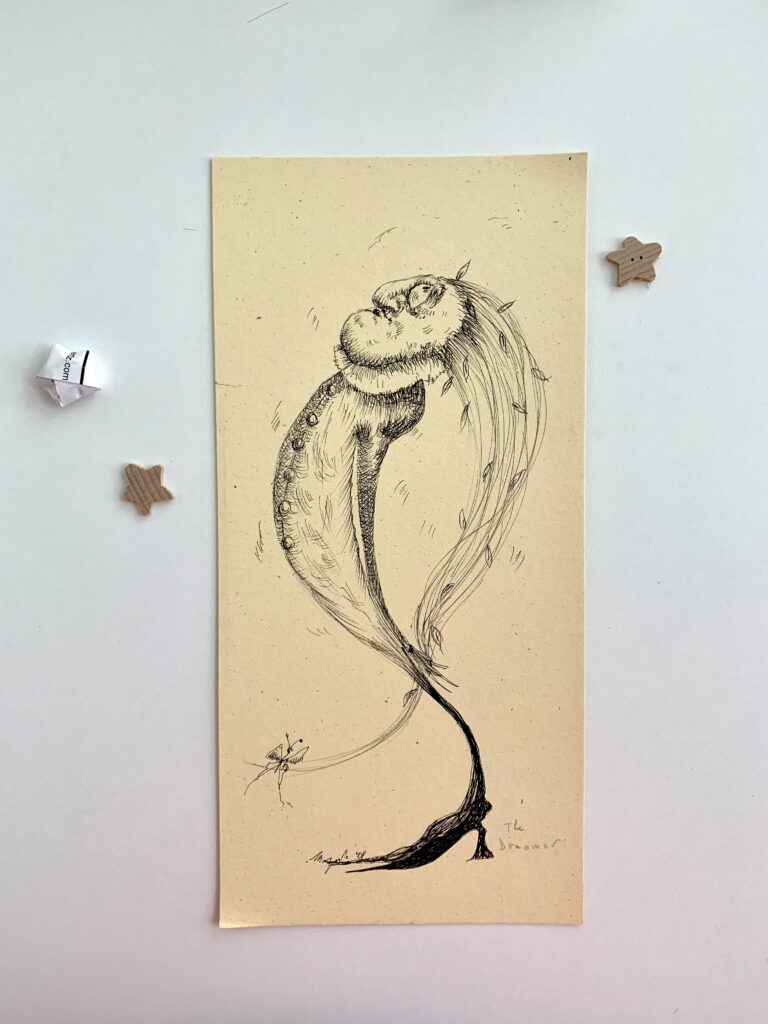
Perhaps we can think of boredom as a necessary cure to rediscover instead the real lost creativity, that of free associations, of improbable connections, of lightness without commitment.
Rather than avoiding it, it should be listened to as a symptom of a need for change and evolution.
Let things happen, without wanting to force them.
Embracing boredom and recognizing it is not easy; we are not used to disconnecting from commitments. Somehow we always have to justify our constant performances to society.
Our value depends on how much time in our lives we occupy.
Giacomo Leopardi claimed that “only intelligent creatures know boredom” while the philosopher Bertrand Russell argued that “A certain ability is…indispensable for a happy life, and it is one of the things that should be taught to young people“.
“It is normal to be bored. It’s part of life. Learn to tolerate it,” Kurt Vonnegut said.
And I would add that rather than tolerate it, we should welcome it as a new way to regenerate ourselves, especially in the area of creativity.
As for me, I often get bored and often despair of it.
I lose the sense of what I’m doing, but maybe I should realize that that sense should have changed, and boredom reminds me of that.
To welcome boredom is to give creativity a chance to come back in other renewed guises.
Finding new meaning is an important skill and without boredom – scientists say so – we lose the opportunity to evolve.
So space to look at the clouds that move and silent smartphones.
To find the silence of oneself by being bored is to regenerate.
I have written several articles on creativity.
Type the word “creativity” in the search space and you’ll find all the articles, but in the meantime I’ll put one below that you can read immediately.
